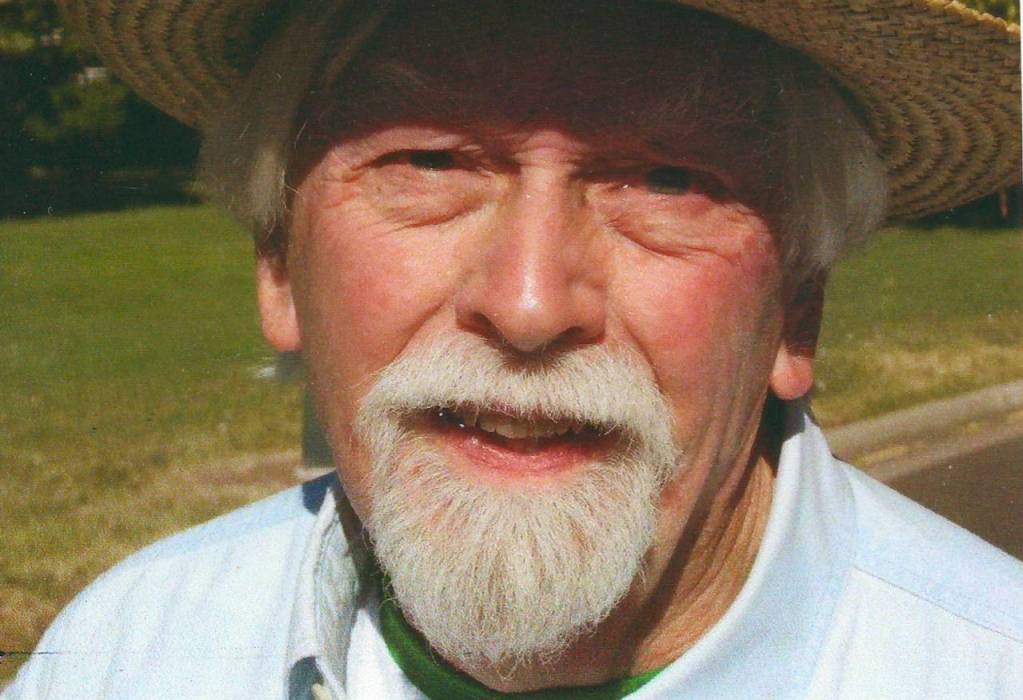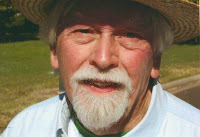It was during the summer of his eighth year. Father had set up camp for the family at the Indiana Sand Dunes State Park. Close enough so he could commute into the city and be with the family all weekend. When you’re that young you take a lot for granted and looking back now it is amazing to realize how well planned and engineered the little camp community was. Besides his family, mother, father, and older brother, there were three other families that met at the camp grounds each summer. All with various canvas domiciles. One was even a real circus tent with the interior sub divided by sheets hung on clothes line to allow for some degree of privacy and decorum. But nothing in his mind could compare with Father’s layout.
There were three of the latest no-center-pole square tents. If memory doesn’t fail, they were interestingly or curiously named Dickey Bird tents. Father set the two tents up facing each other with the front flaps joining to make a dining-sitting area–the sides draped with a zippered doorway and made of something called ”bobbinette.” All of this was set upon a 6 inch high wooden deck to keep the sand out and dry in case of rain. The T bird tent was for him and his brother.
The little kids would go swimming, or learned to swim assisted by adults in beautiful Lake Michigan–oblivious of the nearby steel mills of Gary.
There were exploring expeditions in the shore line sand hills collecting little pails full of wild blueberries which Mother made into wonderful pies for the crew’s communal dinners. And, yes, she baked them in a fireside tin oven. The lady was quite adept at camping culinary cuisine.
Usually on the 2nd of July a pit was dug a little way from the tents. About 5 feet square and 4 feet deep. Then the men would build a big fire and keep it going until morning when there would be a goodly pile of hot coals. Fresh ham roasts, loins and pork ribs were seasoned and wrapped tightly in layers of butcher paper followed by three layers of wet burlap sacks, all tied and bound. The bundles were lowered into the pit of coals and then covered over with the excavated soil.
The next day the 4th of July was celebrated with everyone enjoying the pit roasted barbecue and all the trimmings.
Brother and his buddies all went down to the lakeside in hopes of finding some teenage romance. The little kids sat around the campfire watching the adults doing what adults do when it is party time and celebrating the demise of prohibition.
Summer at camp, swim and play, and know there would never be an end to those happy days.
But he does recall how everybody became so quiet and spoke in hushed voices one day. He finally asked Mother and Father why this change in the people’s mood. One of the families actually had a car radio and had heard the announcement of the plane crash and subsequent deaths of the pilot–one Wiley Post and his passenger friend Will Rogers. This was the major national tragedy of the time, the Great Depression not withstanding.
Exploring the childhood days of the early half of the 20th century has led from blueberries, sand and camp to realities of the Graf Zepplin at Lakehurst, the soup kitchens and bread lines in all the cities, the underworlds personalities of John Dillinger, Al Capone, Bonnie and Clyde, the rise of totalitarian governments in Europe and the Orient, and the ultimate reality, World War II.
So much for exploring. On to our next topic “No Good Will Come of It.”

